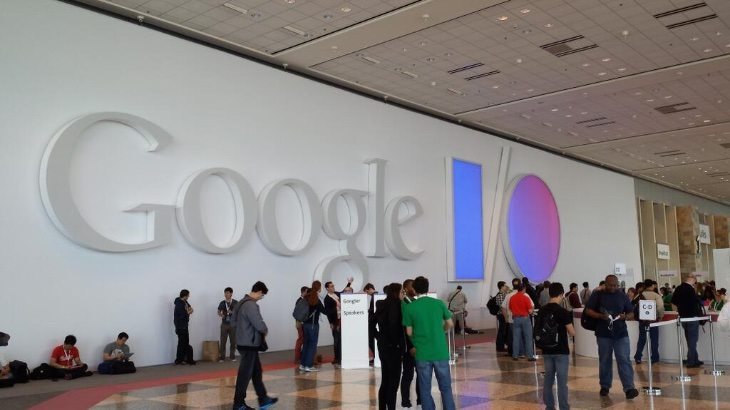Android 5.0 Lollipop might have only arrived to 10 percent of devices, but attention is already turning towards the next version, currently known as Android M (or Android 6.0). Android M, the next version of the mobile OS from Google which will be unveiled at the upcoming Google I/O conference, will give users more control over their privacy, reports Bloomberg.
We expect Android M to be what iOS 8 was to iOS 7: the big changes in Android’s interface, like the adoption of Material Design, have already been implemented. We doubt Android M will look vastly different to Android Lollipop: expect evolutionary change and refinement rather than a gee-whiz new look.
The Bloomberg report quotes people who have an inside knowledge of the matter and notes that these privacy controls will allow users what permissions to grant to a particular app, which could include access to photos, contacts, location.
Google’s new privacy controls would then place it at par with Apple’s iOS which allows users to decide what apps get permission to location, photos, contacts, microphone, Bluetooth sharing, Calendar, Reminders, etc.
Currently the problem with Android is that when a user is downloading an app, it will prompt them about the permissions that the app needs. A user must either accept all these permissions or else they have to cancel installation of the app.
Customization of Android like CyanogenMod, MiUi 6 which ships on Xiaomi smartphones, allow users to decide permissions for apps which is outside of the Android specifications. On MiUi 6, the Security option allows users to grant/deny permissions for sensitive information like Location, Photos, Contacts for each app after installation.
Similarly CyanogenMod lets users turn off permissions for app after they have been installed. Interestingly Android 4.3 had a hidden feature called App Ops that allowed users to toggle permission for each app. Sadly Google removed this feature from Android 4.4.2 build of the OS.
The demands for more privacy control in Android have around for sometime. Based on the latest the reports, it looks like Google will finally deliver on these.
We expect Android M to be what iOS 8 was to iOS 7: the big changes in Android’s interface, like the adoption of Material Design, have already been implemented. We doubt Android M will look vastly different to Android Lollipop: expect evolutionary change and refinement rather than a gee-whiz new look.
The Bloomberg report quotes people who have an inside knowledge of the matter and notes that these privacy controls will allow users what permissions to grant to a particular app, which could include access to photos, contacts, location.
Google’s new privacy controls would then place it at par with Apple’s iOS which allows users to decide what apps get permission to location, photos, contacts, microphone, Bluetooth sharing, Calendar, Reminders, etc.
Currently the problem with Android is that when a user is downloading an app, it will prompt them about the permissions that the app needs. A user must either accept all these permissions or else they have to cancel installation of the app.
Customization of Android like CyanogenMod, MiUi 6 which ships on Xiaomi smartphones, allow users to decide permissions for apps which is outside of the Android specifications. On MiUi 6, the Security option allows users to grant/deny permissions for sensitive information like Location, Photos, Contacts for each app after installation.
Similarly CyanogenMod lets users turn off permissions for app after they have been installed. Interestingly Android 4.3 had a hidden feature called App Ops that allowed users to toggle permission for each app. Sadly Google removed this feature from Android 4.4.2 build of the OS.
The demands for more privacy control in Android have around for sometime. Based on the latest the reports, it looks like Google will finally deliver on these.

No comments:
Post a Comment